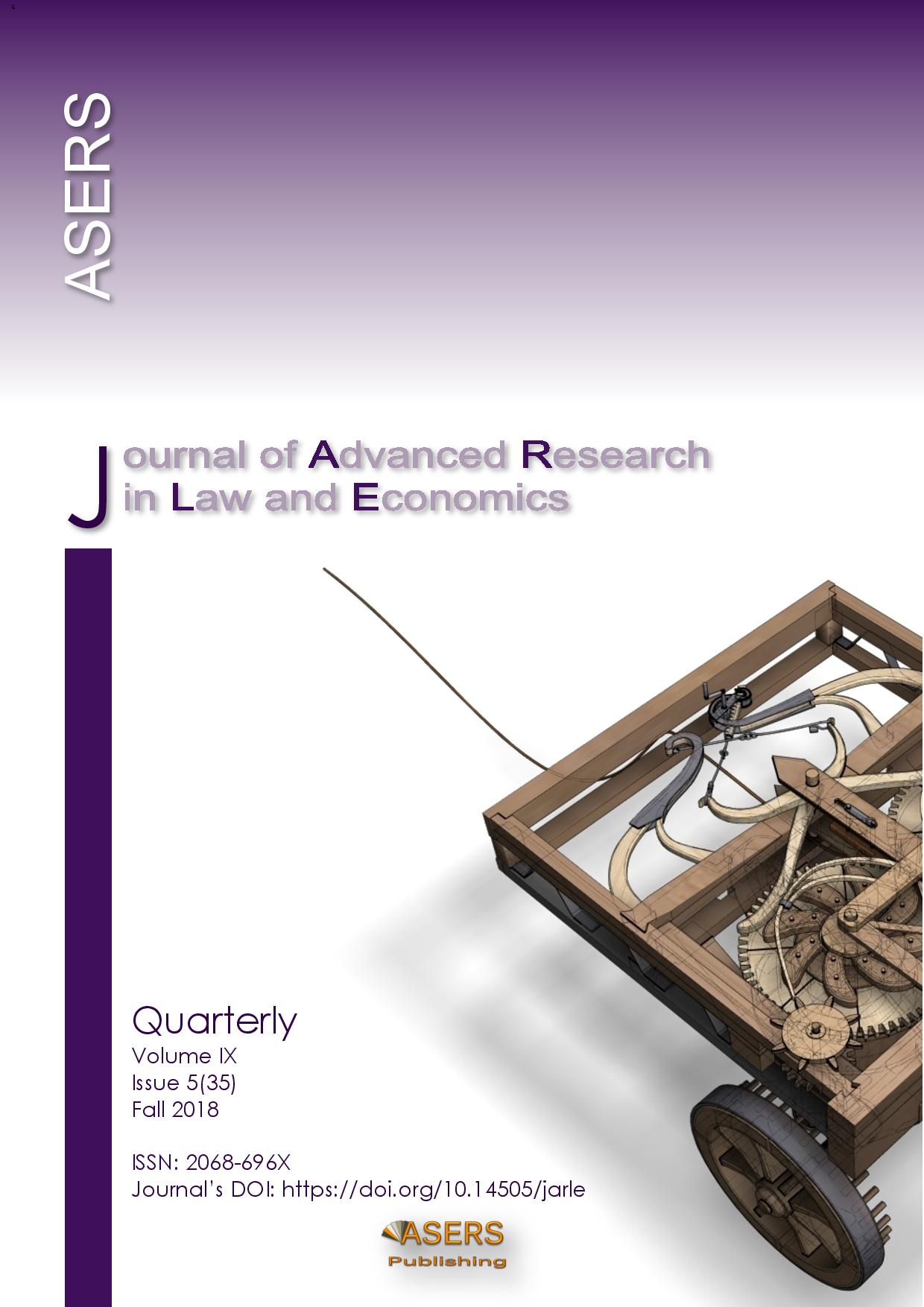Sociological Jurisprudence and Legal Realism as a Basis for the Development of Judicial Law-Making
Sociological Jurisprudence and Legal Realism as a Basis for the Development of Judicial Law-Making
Author(s): Gyulnaz Eldarovna AdygezalovaSubject(s): Law, Constitution, Jurisprudence, Sociology of Law
Published by: ASERS Publishing
Keywords: sociological jurisprudence; sociology of law; legal realism; instrumentalism; judicial law making; conflict;
Summary/Abstract: The aim of the present work is to study the role of sociological jurisprudence and legal realism for the development of judicial law making in the modern legal system. During the study, the author used general scientific methods, including historical, comparative, and logical ones. An analysis of legal documents was also performed, which allowed making conclusions about trends in the Russian legal system. The study showed that sociological jurisprudence and the realistic school of law of the United States were milestones of the development of the same socio-legal school. It was determined that the supporters of sociological trends could be attributed to the moderate direction of the American sociological legal school, and the legal realists – to the radical one. The basis of the socio-legal school is formed by the ideas of pragmatism, which are expressed in the functional and instrumental approach to the law. One of the basic tenets of the proponents of socio-legal school is the following: the law shall harmonize the interests, actually act and be implemented in the activities of the court. Views of sociologists of law contributed to the approval of the idea of judicial law making not only within the Anglo-American legal family but also in the legal systems of the Romano-Germanic legal family. They drew attention to the process of decision-making by the court, the process of setting up the rule of law by the court. The novelty of this research is that we have identified not only the influence of supporters of sociological school of law on the beginning of the new phase in the development of law, but also that the process was legitimate, and representatives of the scientific direction were able not only to recognize the pattern of ongoing legal development but also tried to steer the process in the right direction, so that the law would not lose its regulatory function and would not become a soulless mechanism in the hands of law enforcers.
Journal: Journal of Advanced Research in Law and Economics (JARLE)
- Issue Year: IX/2018
- Issue No: 35
- Page Range: 1528-1533
- Page Count: 6
- Language: English
- Content File-PDF

